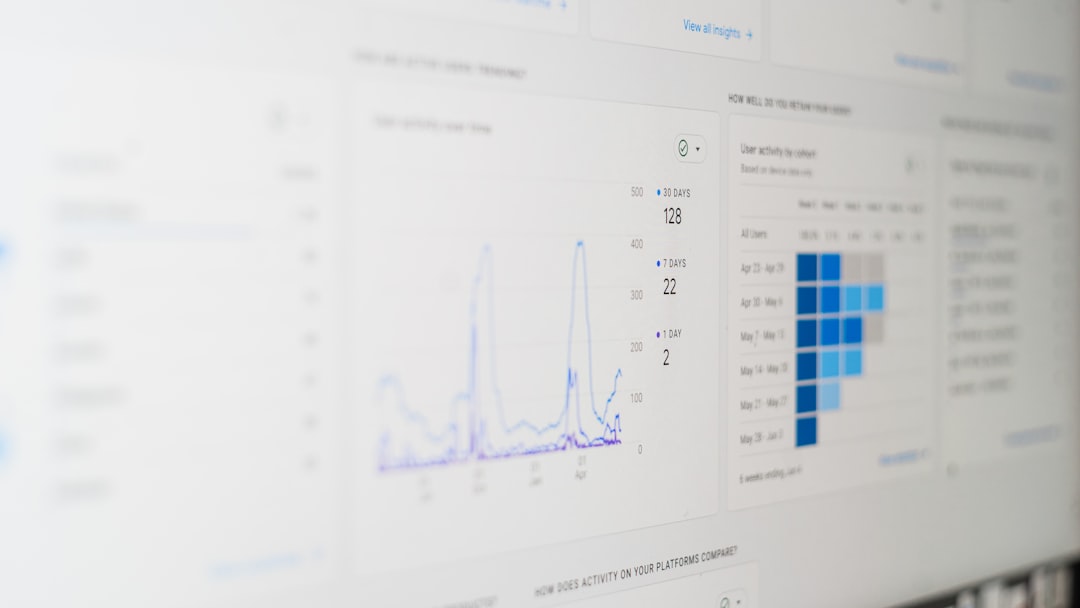In the ever-evolving world of product management, staying ahead of the curve means using the right tools. As artificial intelligence continues to revolutionize the industry, product managers in 2025 are turning to AI-powered platforms to gain insights, improve workflows, and make smarter decisions faster. To help professionals navigate this growing landscape, we tested the three best AI tools for product managers this year. Here’s what we found.
1. Notion AI – The Smart Workspace Assistant
Best for organizing tasks, generating content, and supporting product documentation.
Notion has long been a staple for project and knowledge management, but its 2025 AI upgrade takes productivity to a new level. Product managers can now quickly generate meeting agendas, summarize research findings, and convert rough notes into well-structured product documents—all within the platform.
The AI also assists in drafting product specifications, which can be a major time-saver during sprint planning. Its context-awareness makes it especially powerful for teams who already house their wikis, roadmaps, and OKRs in Notion.
- Pros: Seamless integration with existing Notion databases, intuitive UI, powerful summarization features.
- Cons: Real-time collaboration with the AI can lag under heavy usage.

2. Athenic AI – Data-Driven Insights for Smarter Decisions
Best for analyzing user behavior, tracking KPIs, and making strategic decisions.
One of the most impressive entrants into the 2025 toolkit is Athenic AI. Tailored specifically for product teams, it functions as a data analyst inside your browser. By connecting to your existing data sources—whether it’s Mixpanel, Google Analytics, or customer feedback platforms—Athenic generates actionable insights without the need for SQL or data science expertise.
Through predictive analytics, Athenic identifies bottlenecks in the user journey, flags churn risks, and even recommends product improvements based on historical trends. For teams embracing data-led product development, Athenic is a standout ally.
- Pros: No-code interface, multilingual support, customizable reports.
- Cons: Limited integrations with legacy systems.

3. LinearGPT – AI-Powered Agile Planning
Best for enhancing agile workflows, sprint planning, and issue resolution.
LinearGPT takes agile product management to the next level by combining AI with intuitive task tracking. It’s built on top of the popular issue-tracking tool Linear, but supercharged with generative capabilities. Product managers can input rough goals, and the AI transforms them into epics, tasks, and even assigns stakeholders based on historical collaboration trends.
One standout feature is its prioritization engine, which evaluates task urgency based on customer impact, development complexity, and strategic alignment. PMs looking to automate routine tasks while keeping a pulse on team momentum will find this tool indispensable.
- Pros: Sprint assistant, intelligent backlog grooming, automatic reporting.
- Cons: Currently optimized only for Linear users, high cost for small teams.
Final Verdict
While all three AI tools are remarkable in their own right, the best choice ultimately depends on a product manager’s workflow and team size. Notion AI shines in documentation and knowledge management. Athenic AI is unrivaled in data-centric leadership. LinearGPT excels at integrating artificial intelligence into agile practices. For 2025, embracing AI is less about replacing the role of a product manager and more about empowering them with faster insights, smarter tools, and more time to focus on strategy.
FAQs
Q1: Are these AI tools suitable for startups as well as large enterprises?
A: Yes. Notion AI and Athenic AI offer scalable pricing for smaller teams, while LinearGPT may be more suited for mid-sized to large companies that heavily rely on agile workflows.
Q2: Can these tools replace human decision-making?
A: No, the tools are designed to support and enhance decision-making, not replace it. They help analyze data and automate routine tasks, but human insight remains essential.
Q3: Do any of these tools require advanced technical skills?
A: Not at all. All three tools are built with user-friendly, no-code interfaces suitable for non-technical product managers.
Q4: Is my team’s data secure when using these platforms?
A: Yes. Each platform follows modern compliance standards and allows for data encryption, though it’s important to review the specifics of each provider’s privacy policy.
Q5: Which tool is best for AI-powered roadmap planning?
A: LinearGPT is best suited for roadmap planning, thanks to its AI-generated task breakdowns, prioritization algorithms, and agile integrations.
